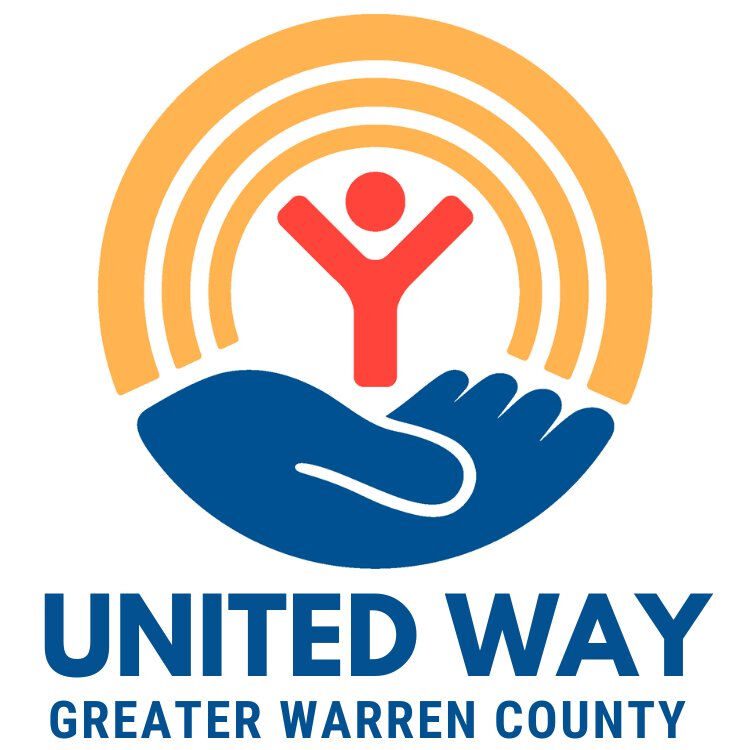We’ve all taken acetaminophen from time to time. Medical experts say it’s one of the best medications for treating pain and helping fight fever. But taking too much acetaminophen can lead to big trouble if you’re not careful.
More than 600 products contain acetaminophen, including Tylenol, Benadryl, Robitussin, Sudafed, and TheraFlu, among others.
“It’s one of the most common over-the-counter medications that’s been marketed for years as one of the go-to meds when you’re having discomfort,” says Dr. Mirza Ali Khan, a family practice physician at OSF HealthCare. “That’s why people are so familiar with it versus Advil and Ibuprofen, which is a whole different type of medication.”
According to Dr. Khan, the recommended dosage for a healthy adult with normal liver function is 4,000 milligrams (mg) a day, which, for reference, is equal to eight Extra Strength Tylenol pills.
“Too much acetaminophen can be quite dangerous,” he says. “It can affect the liver and that’s why you want to be careful. The signs include confusion, abdominal pain, nausea, vomiting and, if that’s happening and you are taking acetaminophen, you need to be seen urgently rather than waiting.”
According to the National Institute of Health, 56,000 people visit the ER every year due to acetaminophen toxicity and 500 will die.
A Kansas City woman recently made headlines when she experienced stomach pain and began taking Tylenol daily for weeks. She became sicker and was rushed to the emergency room where she eventually fell into a coma. The 29-year-old woman had acetaminophen poisoning and ultimately needed a liver transplant. After a difficult year-long recovery, she’s back to work and slowly returning to her normal lifestyle.
“What I always tell my patients is no matter what you ingest – food or medicine – there are two ways it’s going to get through your body,” says Dr. Khan. “It’s going to go through the kidneys or the liver. Taking too much acetaminophen can cause the liver to malfunction where it doesn’t work and that can cause toxicity.”
Call 911 immediately if the person suspected to have taken an overdose of acetaminophen is unconscious, semiconscious or not breathing. Dr. Khan says if someone is experiencing severe symptoms, such as confusion or abdominal pain, they should get to the hospital within 24 hours. The treatment plan includes N-acetylcysteine (NAC), which is an antidote for toxic acetaminophen overdose and is usually given by mouth.
“The bottom line is acetaminophen is a good medicine,” Dr. Khan says. “Obviously, if you’re taking one or two once in a while that’s okay, but if you’re using it consistently it’s good to check with your primary care. Say ‘I’ve been taking so many daily. Is this safe for me to do or is there something else I should be doing?’”
Dr. Khan adds that it’s also important to schedule an annual appointment with your physician, who can order blood work that includes kidney and liver function testing.
***Courtesy of OSF HealthCare***
















